Is A Conventional Loan Good or Bad?

Conventional loans are not backed by the Federal Government and are issued by a private lender. They can be used to buy or refinance home loans. These loans usually have some requirements as compared to government-backed loans because the lender gives loans without any guarantee from the government agency to see if the borrower can pay the loan back.
The two types of conventional loans; conforming and non-conforming, depend upon the purchase by Fannie and Freddie. According to the financial situation of the buyer, conventional loans can be a good or bad choice. Here are some pros and cons of conventional loans relative to the FHA loans. Let’s have a look.
This comprehensive guide dives deep into conventional loans, exploring their ins and outs, advantages and disadvantages, and ultimately helping you decide if they align with your homeownership dreams.
Pros of conventional loans
Here are some of the benefits of getting conventional loans:
Flexible options
As conventional loans are not backed by the Federal Government, the lender provides various offers and flexible terms. You have the leverage of choosing your financing rates and can avoid the extra mortgage insurance if you make a large down payment.
In Government lent loans, mortgage insurance is often included and the terms and rates can be restricted. A conventional loan helps you have more flexible options to approve a loan.
Convenient interest rates
If you have a strong credit history, conventional loans can offer quite convenient interest rate options. As compared to the FHA loans, the mortgage insurance origination fees are much lower. All the including interest rates, the annual repayment, and the fee percentage of your loans will be lower than the federal loans.
Maximum loan limits
As the government is not included in these loans, it helps to get more funds than any other loan. They have relatively higher loan limits than other federal-approved loans and can be increased even more if you have a good credit score.
Conventional loans are of two types; conforming and nonconforming. They both have different limits. Conforming loans have low limits and easy terms whereas nonconforming loans have higher limits but difficult conditions.
Low down payment
Conventional loans offer easy down payment options and work well for people who have low credit scores. They can be as low as 3% and are extremely convenient for first-time home buyers.
Quicker Access to the loan amount
Conventional loans are easily closed as compared to other types of loans. They need very little documentation and paperwork to get approved. You have to picture less red tape for finalizing your mortgages.
Cons of conventional loans
As conventional loans are very beneficial, there are some downsides to them. Take a look at the pros of conventional loans
High interest rates
Although conventional loans offer low interest rates these are only applicable if you have a high credit score. Low credit scores pose a great risk factor for lenders and hence they charge high interest rates to compensate for it. If your credit score is below 680, then getting a government loan will give you lower interest rates.
Mortgage insurance requirements
If you have less than 20% upfront value then you have to pay more mortgage insurance on conventional loans. It will not provide very good and convenient terms to secure these loans. The government loans will give more versatile terms if you have a 20% upfront value.
More Surveillance
Although federal loans are hard to get and involve more third parties, conventional loans will be closely looked after by the lenders. To make sure you pay the loan on time, they will deeply track your financial history to know if you are eligible to lend a loan. If they find any major lags in your financial history, the loan approval process will be harder.
High credit score and closing costs
You need a credit score above 680 if you want to have these conventional loans. Less than this value is considered a very risky option for the lenders and they will add more interest rates to set off their risks.
As stated above, conventional loans offer easy closing costs but they do not offer much flexibility in these costs upfront. If you do not have much money to offer, these are not a very good option for you.
Final words
Are conventional loans good or bad? This statement is quite relevant. It depends on the financial condition of the borrower and what will make them good or bad for them. If you have a very good credit score, they can be the best options for you but if you do not have much to offer, they are not very convenient. With flexible rates and easy approval, you can get a fast loan approval but might need a strong financial status for it. We have provided insights into whether they are good or bad for you so that you have complete knowledge of them. If you are willing to get them, then do check Jason Valdes – Elite Lending’s website for further assistance.



